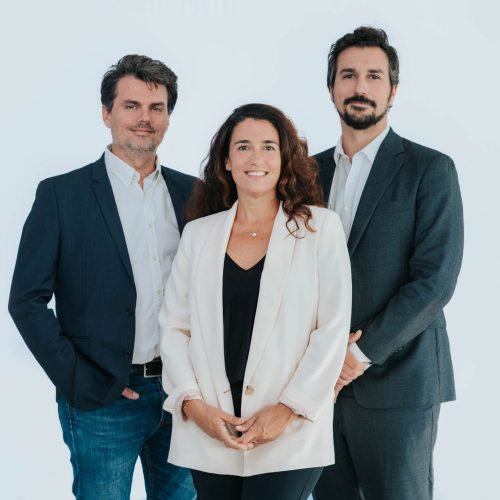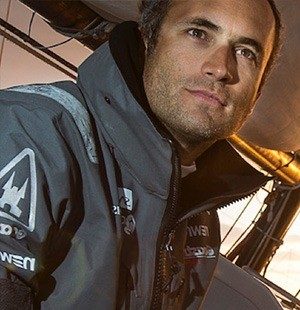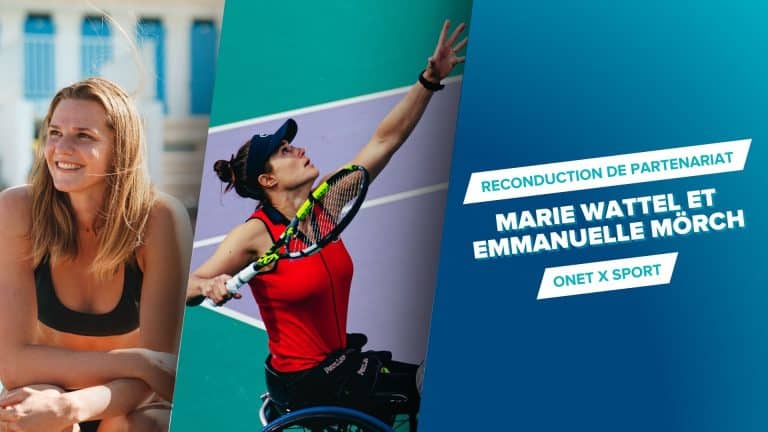Update on Fabrice Amedeo's scientific project supported by Onet
After many miles of sampling our oceans thanks to onboard sensors financed by Onet, we're in the home stretch before the results of the analyses carried out by Fabrice Amedeo's scientific partners are known! Take a behind-the-scenes look at the project.
- - Onet
How is Onet working alongside Fabrice Amedeo to protect the oceans?
Onet has decided to support the skipper in financing the sensors fitted on the boat. These are made up of various modules, which collect data on water salinity, Co2 levels and phytoplankton content in our oceans. These data are on an unprecedented scale, as they are collected offshore, in places where scientific vessels only pass by once every 10 years. These analyses will be of considerable help in modelling climate change and studying the level of pollution in the oceans, thus preserving biodiversity.
What happens to microplastic samples collected at sea?
After visiting the laboratories where the microplastics he collects during ocean races are analyzed, Fabrice Amedeo paid a visit to the scientists from Bordeaux University, Ifremer and IRD with whom he has been collaborating for over two years on his scientific project.
Helping research into ocean microplastic pollution.
The oceanographic sensors installed on board his IMOCA, with the support ofOnet, enable Fabrice to collect microplastic samples during the ocean races he takes part in. Once back on land, these samples are then split between Ifremer and the University of Bordeaux for analysis.
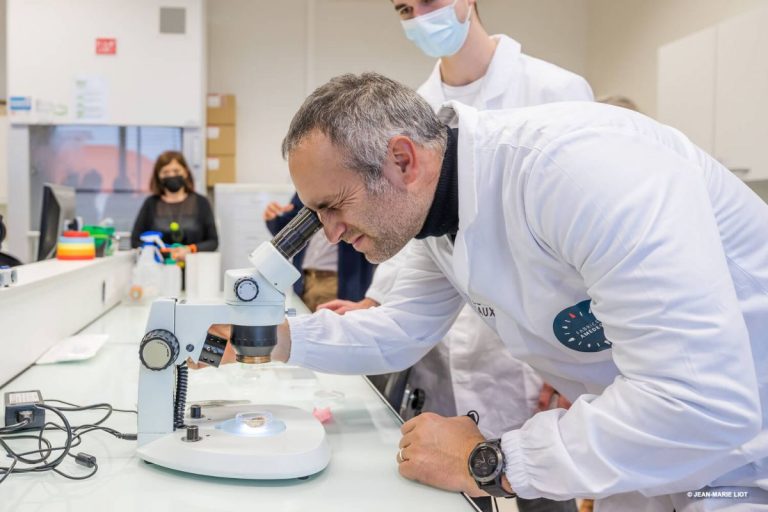
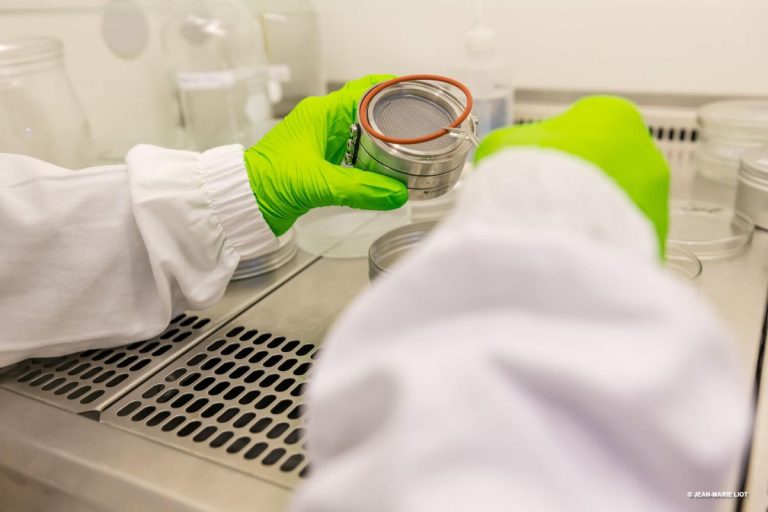
It is this behind-the-scenes work that the skipper came to discover:
I swapped my foulies for a white coat for a day, during which I was able to visit the laboratories where our samples are analyzed. The idea was to follow the progress of a microplastics filter between its arrival in Bordeaux and the publication of the results of the study, which should not be long in coming, on the samples collected during the Vendée Globe.
Fabrice Amedeo took this opportunity to give a more concrete account of the work carried out at sea. Indeed, the protocol implemented at sea with the sensors requires a great deal of time, energy and compromise on the part of the skipper to combine sporting performance with a commitment to preserving the oceans.
For a good cause, Fabrice Amedeo will continue to put his boat at the service of science in the next races of the season: the Vendée-Arctique-Les Sables d'Olonne in June and the Route du Rhum in November.
